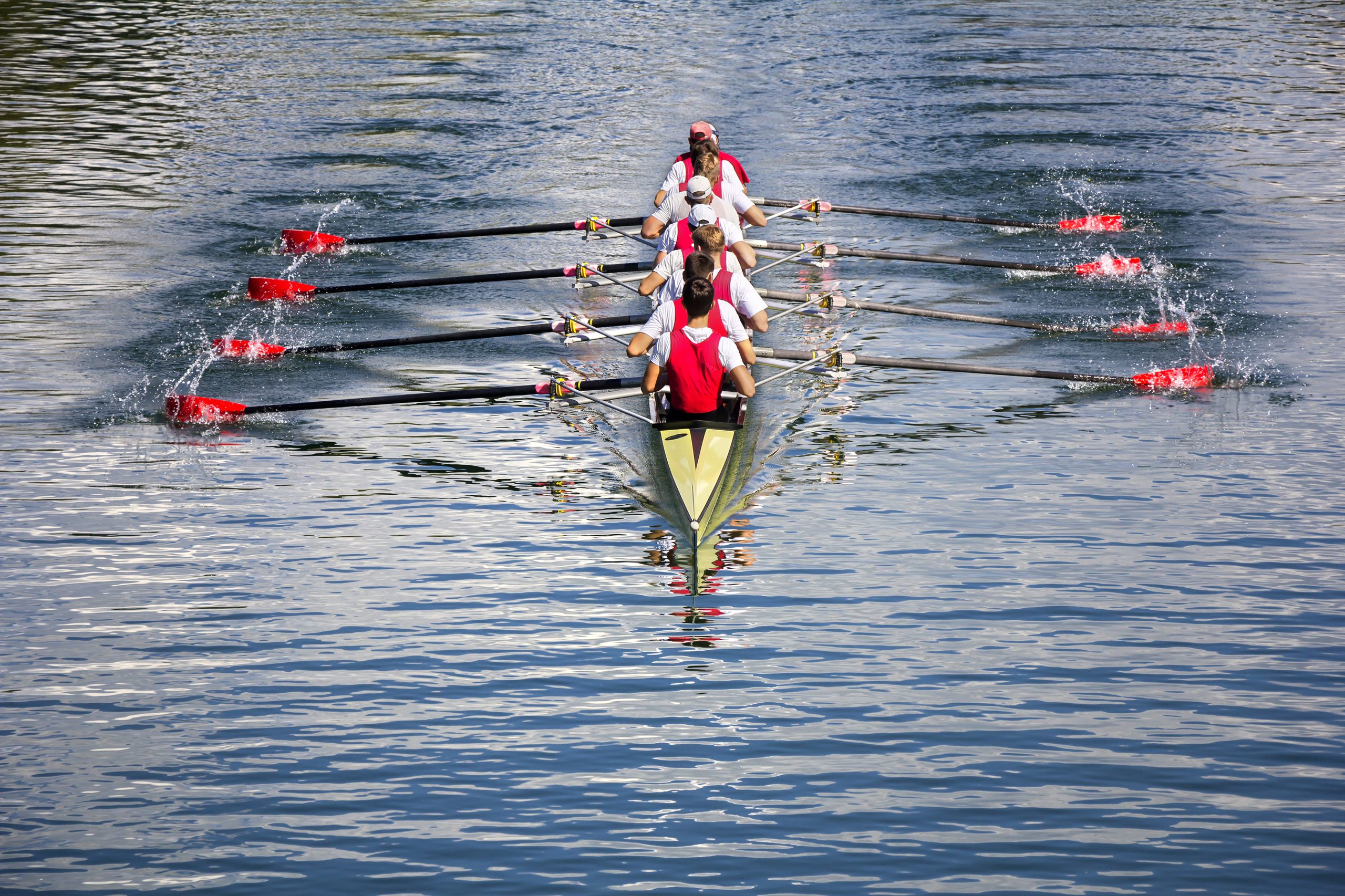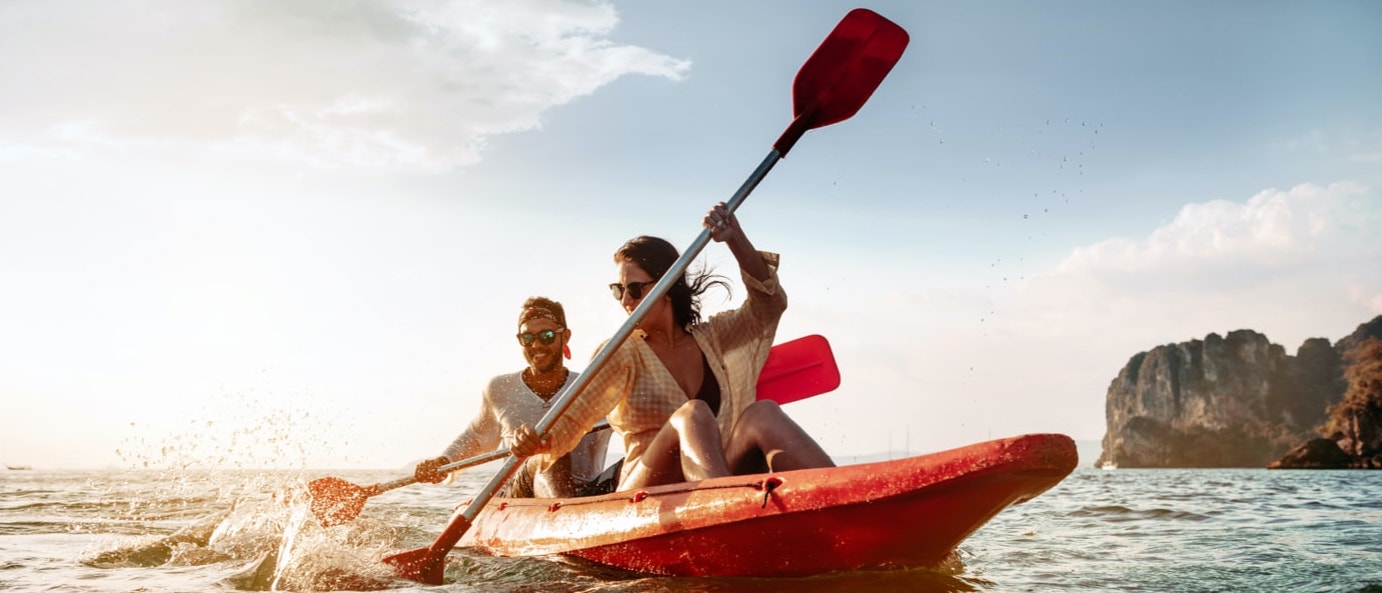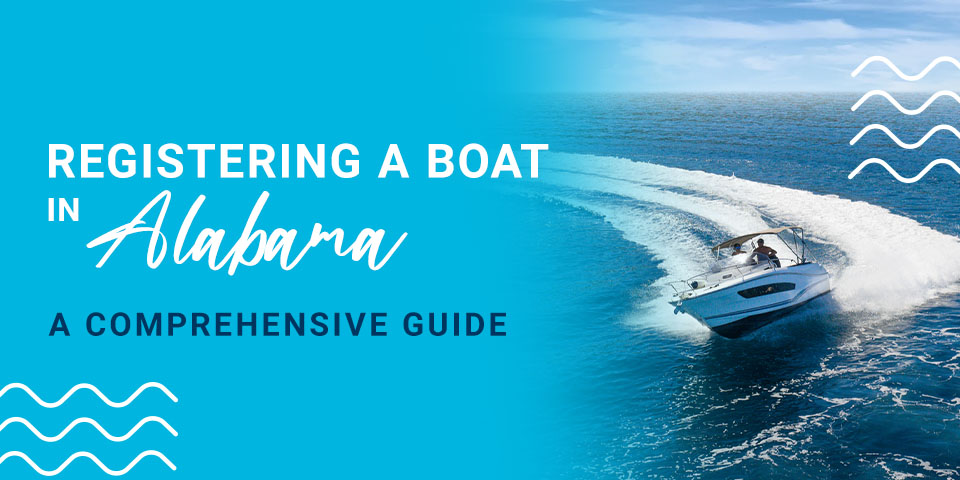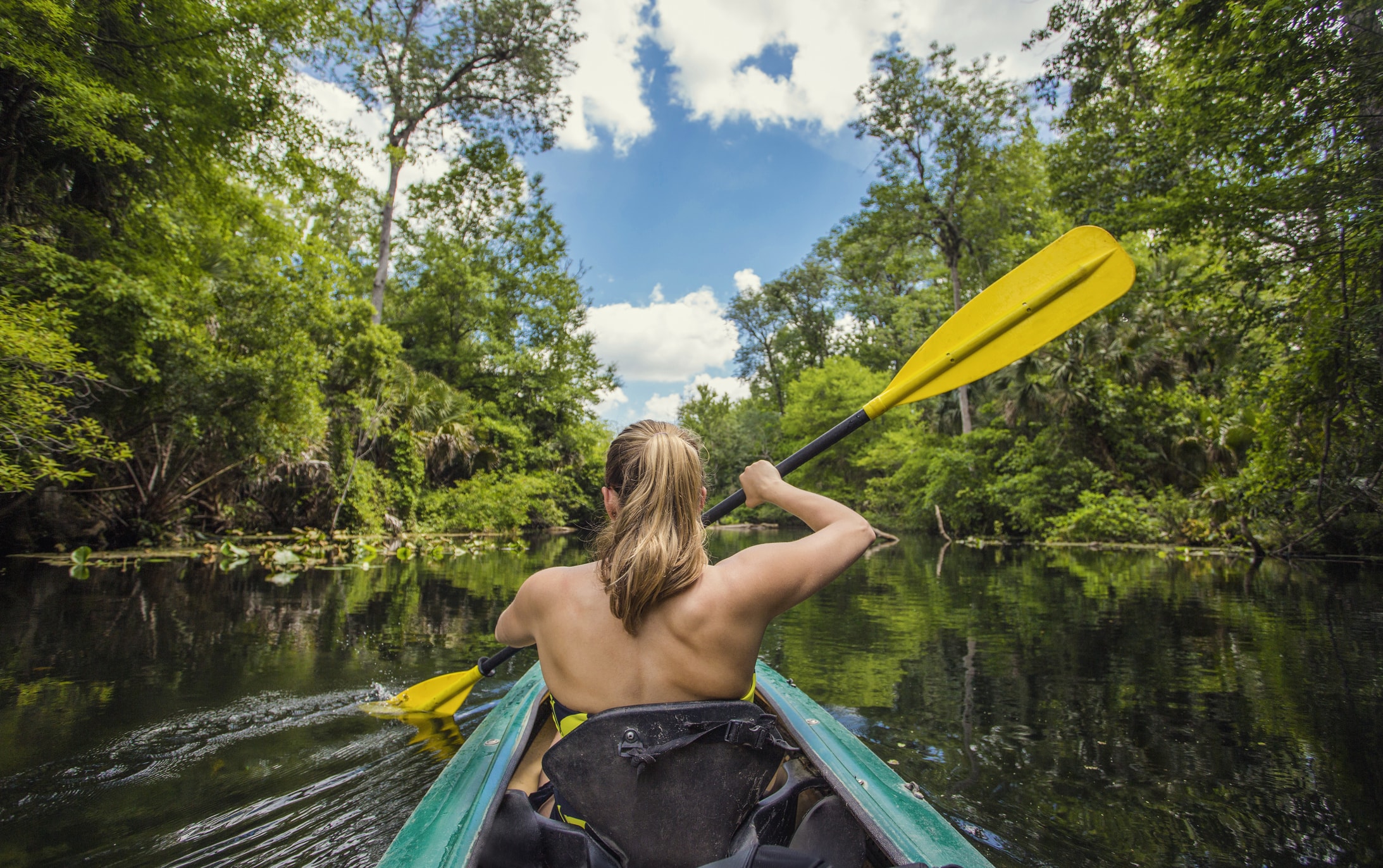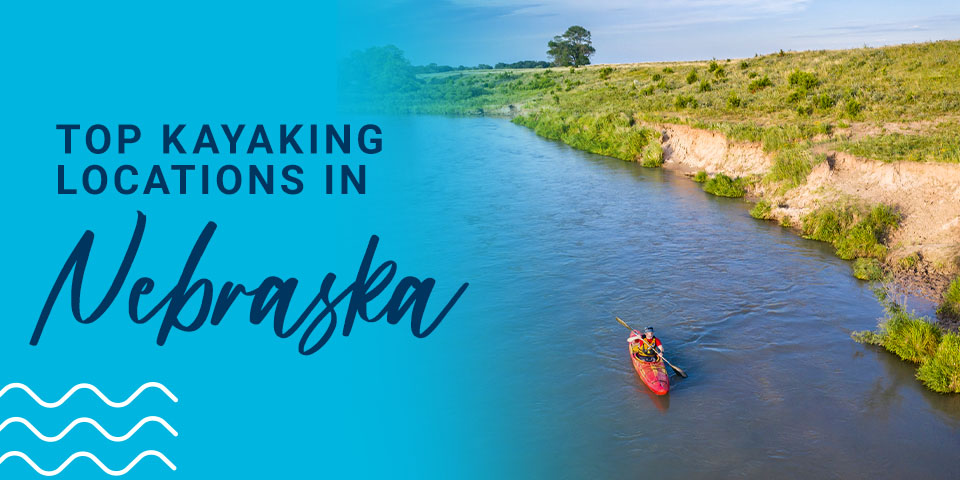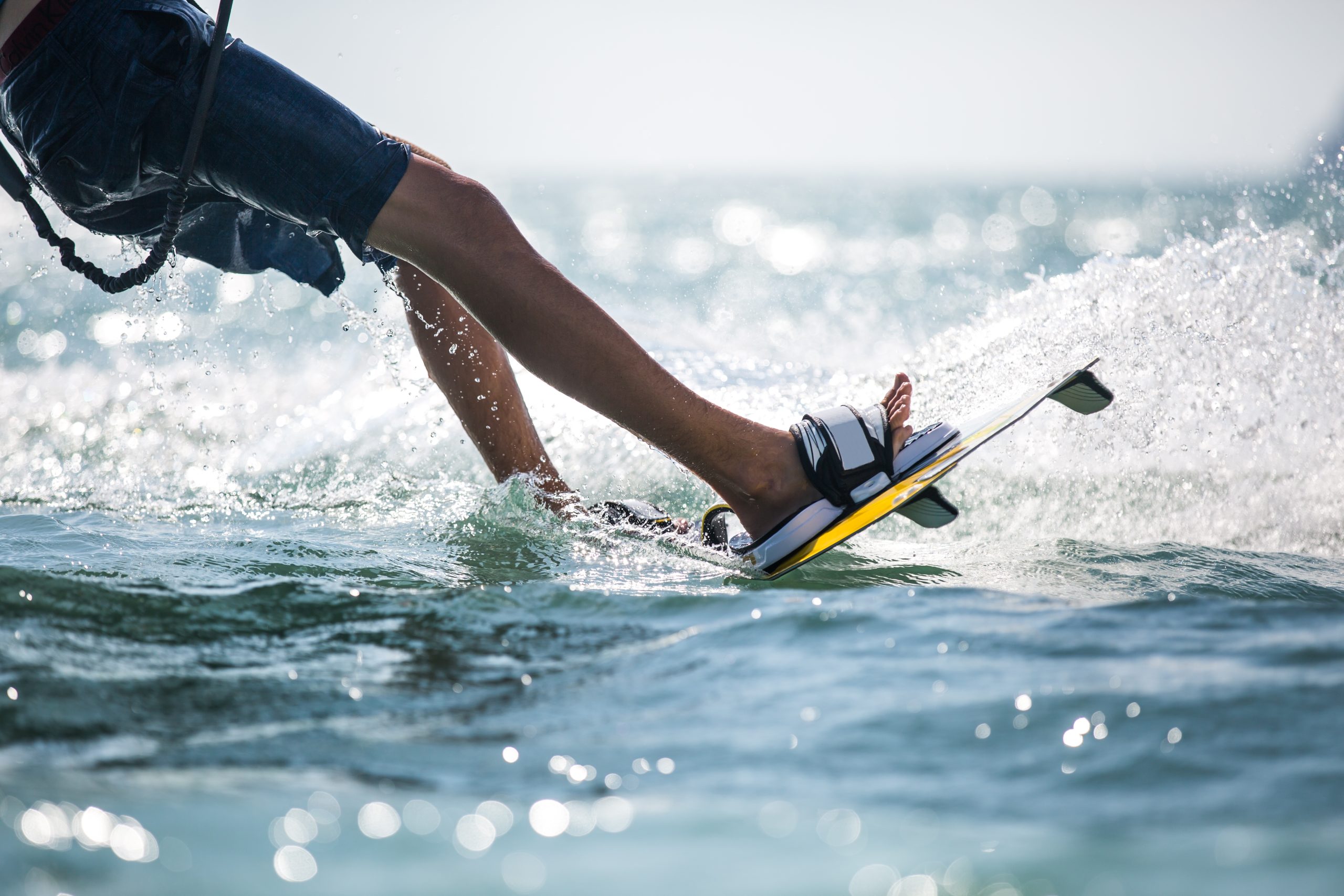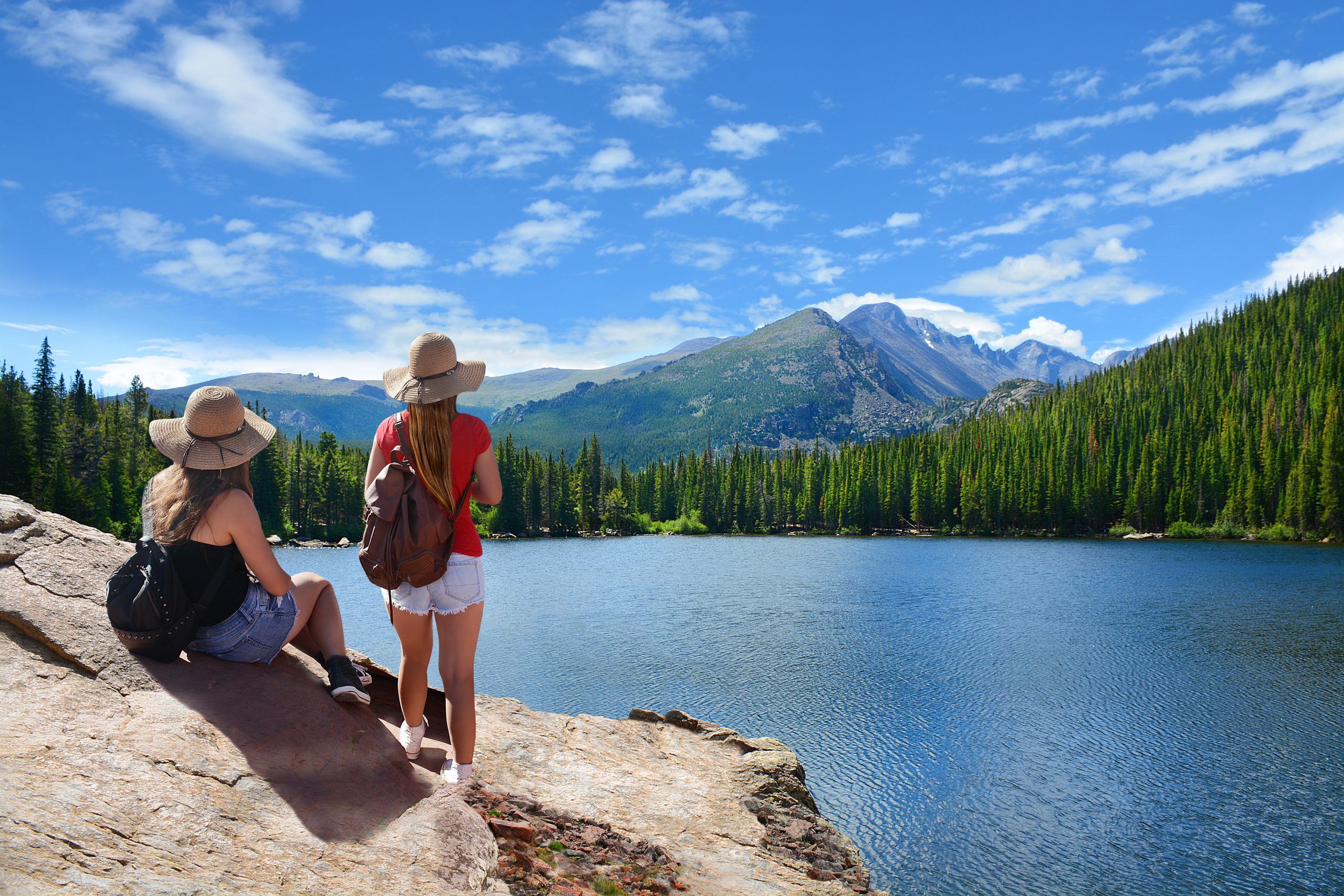Filters
How to Choose the Right Dock for Your Tennessee Home
Tenessee has stunning waterfront properties. From steady-flowing rivers where you can relax and take in the view to intense rapids ideal for a fun day of rafting, there’s something for everyone.
Installing a safe and sturdy dock can increase property value and make living at the waterfront in Tennessee much more fun. With a dock, you can stay out on the water for longer and have a secure place to keep your boat.
If you’re in the market for a new dock, learn how to choose an accessible, high-quality and compliant boat dock below.
Types of Waterfront Properties in Tennessee
Depending on where your property is located, some boat docks will be more suitable than others. Here are the most popular riverfront and lakeside property locations in the state and points to consider when choosing a suitable dock:
Riverfront Properties
Riverfront properties offer unmatched tranquility with a view of the gleaming water. Nothing is better than taking your boat out on one of Tennessee’s rivers.
1. Cumberland River
The Cumberland River flows through Southern Kentucky and Northern Tennessee. Rural and city properties are built along the river, but most are off the beaten path.
This stunning river looks calm, but don’t let its appearance fool you. The current is powerful at times and the water velocity can be incredibly high, hitting rates of 4 feet per second, posing difficulties for stationary docks.
2. Tennessee River
The Tennessee River is adorned with towering trees and lush greenery, providing a natural sanctuary for homes. It’s rare to find a true waterfront property here because the mountainous terrain and flood zones make it challenging to build stable foundations.
You can build a dock along the Tennessee River, but according to the Tennessee Valley Authority (TVA) Act, you’ll need a permit before beginning any shoreline construction. The unstable conditions in this river make a floating dock more suitable than a stationary one.
3. Clinch River
The Clinch River is one of Tennessee’s most popular fishing spots and is particularly renowned for its rainbow and brown trout species. Most of the homes along this river offer a spacious amount of frontage, making it ideal for larger docks.
Since the Clinch River is home to a wide range of biodiversity, it’s crucial to select an option, like a floating dock, that has a minimally invasive design but can still be anchored with fluctuating water levels.
4. Duck River
Most of the homes along Duck River are located in rural Tennessee towns, but properties can also be found in Shelbyville and Columbia. Some parts of this river, especially in the downtown neighborhoods, are prone to flooding.
Not all docks are suitable for fluctuating water levels. For example, the waves might wear down materials like wood. Floating docks are ideal for these rough conditions because they have thick layers that encase air pockets, allowing them to ebb and flow with the water instead of going against the current.
Lakeside Properties
Most of the popular lakes in Tennessee are the result of the damming of rivers, making them human-made or artificial. Since they lack a flowing current, water activities like swimming or boating are enjoyable in the tranquil waters.
Here are some tips for building boat docks in Tennessee lakes:
1. Tellico Lake
Tellico Lake offers scenic mountain views and opportunities for many water activities, such as boating, fishing and canoeing. The waters are generally calm, but there’s a significant amount of greening due to increased algae levels.
Property owners looking to install a dock along this lake should consider the material carefully. Wooden decks require more frequent maintenance, while plastic decks are easier to clean and won’t be damaged by high algae levels.
2. Kentucky Lake
Kentucky Lake is one of the best spots to go fishing in Tennessee. It has a rich biodiversity, and fish like catfish, bass and bluegill are available for sport fishing. Install a dock that’s easy to clean, won’t be a magnet for dirt and won’t negatively affect marine species.
3. Chickamauga Lake
Offering seemingly endless miles of shoreline, Chickamauga Lake stretches between Chickamauga Dam and Watts Bar Dam. Nature lovers can enjoy its two wildlife centers and eight parks. Watersport enthusiasts can indulge in powerboating and swimming.
Its calm, ecologically safe waters and controlled water levels are ideal for many recreational activities, making the right dock choice simple. You need something that can weather regular use. A polyethylene material offers slip resistance, low maintenance and durability.
4 Common Types of Docks
To ensure you choose the right boat dock in Tennessee, consider the lake or river you’re installing it in. Is it muddy or sandy? Is it quiet or busy? What activities can you do there? You’ll also need to think about the different weather conditions the area experiences.
Once you have the answer to those questions, finding the right option is easy. Here’s a breakdown of the different types of boat docks:
- Floating modular docks: Typically made with plastic and aluminum, these docks are durable and remain above the water, making them suitable for almost any weather, tide and water. They’re customizable, allowing you to fit prebuilt, configurable sections to suit different conditions.
- Stationary docks: Commonly made with concrete and wood, these docks don’t move and are typically permanent structures. They’re installed at a fixed height, meeting the lake’s surface. They’re not ideal for waters with choppy waves and experience rot over time and ice damage in the winter.
- Crib docks: These are custom-made, permanent docks built using crates or wooden frames filled with large rocks placed on the water floor. They’re usually expensive and disrupt water flow and wildlife. While they offer good stability, they’re challenging to adjust after installation, costing you convenience in the long run.
- Lift-up docks: These docks are popular in colder areas for their sturdy, galvanized steel frames and positioning adjustment. A winch allows you to draw up or remove them, protecting them from ice damage. The primary drawback is their expensive price tag.
Following Boating Laws in Tennessee
Tennessee has boating laws and regulations for docks regardless of where your property is situated. Most of these laws are guided by TVA eligibility and land zones. To build a dock, you must apply for a Section 26a permit.
Some areas may not have the land rights that allow them to apply for a dock. If your property already has a dock but you want to change or extend it, you’ll still need to submit a proposal with your project plan, proof of land rights and a drawing to the TVA.
Docks will only be considered for approval if they don’t present a potential danger to or impede boat traffic. The regulations also discourage permanent pilings. Anchoring devices can also only be used directly beneath the dock if they don’t present a hazard to swimmers or boaters. You must follow the installation regulations and clear potential hindrances for dock insurance in Tennessee.
Consider seasonal factors to ensure the safety and comfort of your waterfront area. While Tennessee winters are mild compared to more northern states, the cold can still wreak havoc on docks and boats — winterize them properly to keep them in good condition.
Choosing the Right Boat for Your Dock
If you’re looking to invest in a new boat alongside a new dock, think about how you want to use it and what kind of dock would work best to store it. Here are a few popular boat types to consider:
- Bass boat: This boat is a low-profile, low-displacement vessel designed for navigating the shallow waters bass dwell in. Their structure is intended for fishing and traversing calm inland rivers and lakes.
- Pontoon boat: This versatile, simple boat is an ideal first vessel. You can use it for various activities, from fishing to snorkeling to entertainment. They typically fare better on calm waters but can handle moderately rough waters. Larger options tend to be more stable.
- Ski boat: This boat type features designs ideal for different watersports. It’s typically short and narrow and offers balanced weight distribution to limit spray and control wake. Ski boats are suited to calm lakes with minimal waves, making water skiing a more enjoyable experience.
- Kayak: Designed for fishing, watersports and relaxation, a kayak is ideal for exploring shallow and calm waters or racing down rushing rivers.
Whether you’re setting up on calm or rough waters, floating docks offer you the most accessibility. They rise and fall along with changing water levels, allowing you to easily access the lakes and rivers throughout different tides and seasons. With a floating dock, you don’t have to choose a specific type of boat. It can house anything from kayaks and canoes to a 5,000-pound pontoon, making it the perfect pick for your recreational needs.
Maintenance and Upkeep for Docks and Boats
Keeping your dock and boats in top condition saves you money and allows you to enjoy them for longer. Take a look at these maintenance tips to help your dock last as long as possible:
- Keep it clean: Regularly washing your boats and dock helps remove algae and debris. It also prevents rust and erosion.
- Conduct regular inspections: Look out for cracks, warping or splintering. Check for corrosion and loose fittings. If you encounter any signs of wear and tear, repair them immediately to avoid greater concerns in the future. Inspect every part of your boat, such as the engine, battery and electrical lines, and regularly maintain them.
- Prepare for winter: If possible, store your boats indoors to protect them from the elements. Otherwise, take the proper winterizing measures to prevent ice damage. You can also use bubblers or deicers to guard them from the ice when stored in the water.
- Maintain dock lines: To ensure your boat stays docked, maintain and replace your lines as needed. Consider using thicker lines or doubling them up for a more secure hold during the winter.
Dock Maintenance Requirements for Different Materials
Different dock materials require various levels of care. What your dock is made of affects how you maintain it. Here’s what to do depending on the material:
- Aluminum: These docks require frequent freshwater rinses to wash off salt and debris, preventing corrosion and rust.
- Steel: Steel docks require regular inspections for rust and signs of fatigue. They also need rust inhibitor treatment and protective coatings to prevent corrosion.
- Wood: These docks require the most maintenance. They need to be cleaned, stained and sealed regularly to protect against the elements. They also need consistent inspections for splinters, loose boards, rot and warping. Any damage needs to be addressed immediately.
- Concrete: Concrete docks require regular cleaning to wash off debris and algae. While they’re highly durable, they still need to be inspected for cracks.
- Polyethylene: For easy upkeep, choose a polyethylene dock, which requires almost no maintenance. This dock won’t rot, corrode, warp, rust or need painting. Aside from typical cleaning, you only need to check their floats and connections.
Why Choose EZ Dock Floating Docks?
Your boat dock decision will depend on various factors, including the body of water, how you plan to use the boat dock, maintenance preferences and more. Overall, you want to invest in a long-lasting boat dock that will help you and your loved ones get out on the water easily. EZ Dock offers an ideal solution for convenient, low-maintenance boat access.
EZ Dock floating docks stay afloat on different water levels, allowing you to access the dock even in rough weather. This feature provides stability for your boats and equipment in strong currents and storms and makes them suitable for Tennessee’s biodiverse waters. The customizable nature of EZ Docks means you can install yours on essentially any body of water, from large waterfront properties in areas like Clinch River to smaller water spaces in busier cities.
Get the Best Dock for Your Waterfront Home From EZ Dock
At EZ Dock, we have over two decades of experience crafting the finest floating docks. Our docks are the best investment you can make for your waterfront property. The first one we installed over 26 years ago is still on the water today. Unlike traditional wooden docks, ours don’t rot, splinter or require painting. Our recycled rubber couplers offer unmatched shock absorbance that will be a strong contender even in Tennessee’s extreme weather.
Check out our floating dock configurations, which are fully customizable so your dock perfectly suits your property and needs. Contact us with any questions or orders, and our EZ Dock team members will help you create a dock that will bring value to your home and get you out on the water for longer.






